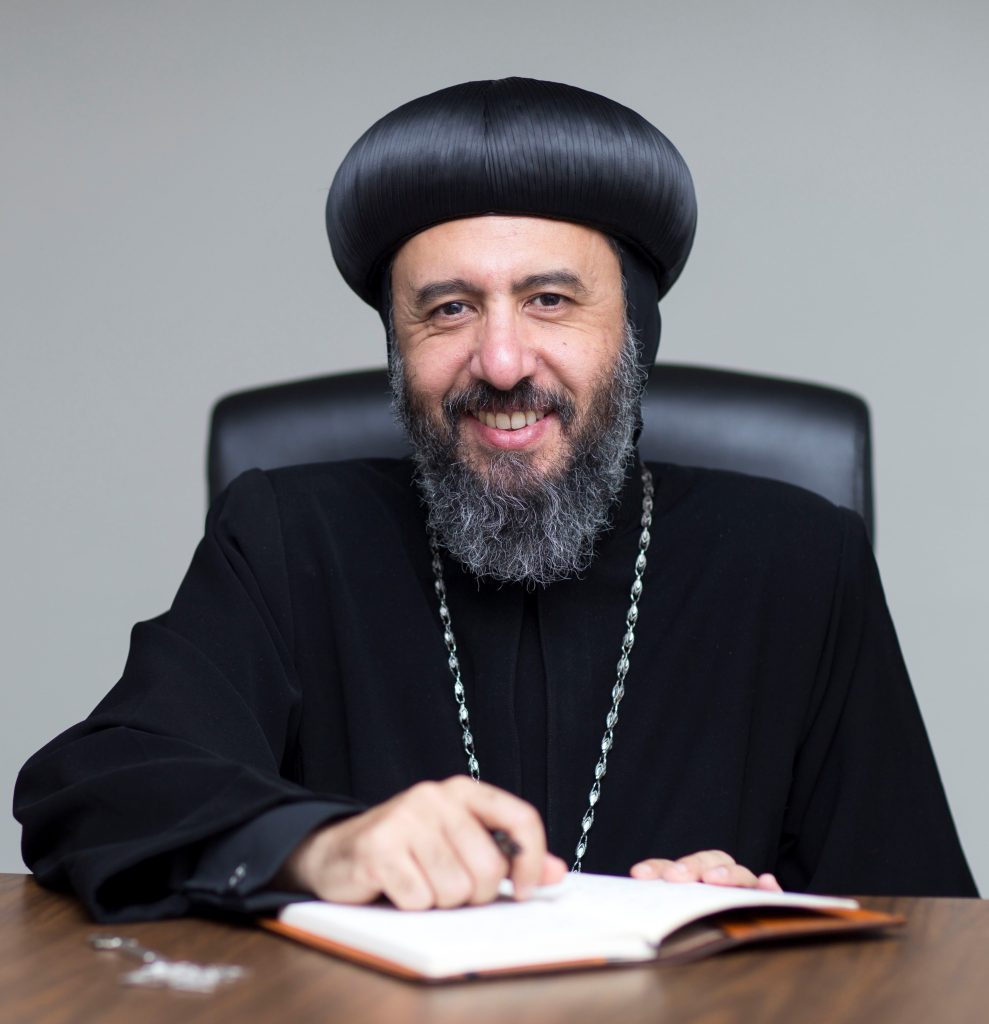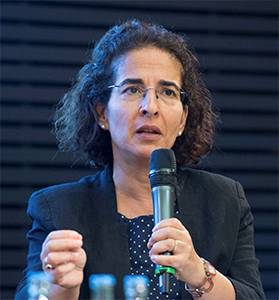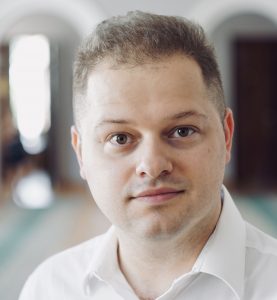Advocating for Religious Freedom—An Inextinguishable, God-Given Human Right

His Eminence Archbishop Anba Angaelos is the first Coptic Orthodox archbishop of London. The following post is based on his remarks during the panel “Religious Perspectives on Religious Freedom and Peace” at the ICLRS 31st Annual International Law and Religion Symposium, 8 October 2024.
In the book of Isaiah, the prophet declares, “The Spirit of the Lord is upon Me, Because the Lord has anointed Me to preach good tidings to the poor; He has sent Me to heal the brokenhearted, To proclaim liberty to the captives, And to open the prisons for those who are bound” (Isaiah 61:1). This is not just the role of religious leaders; this is the role of every person.


